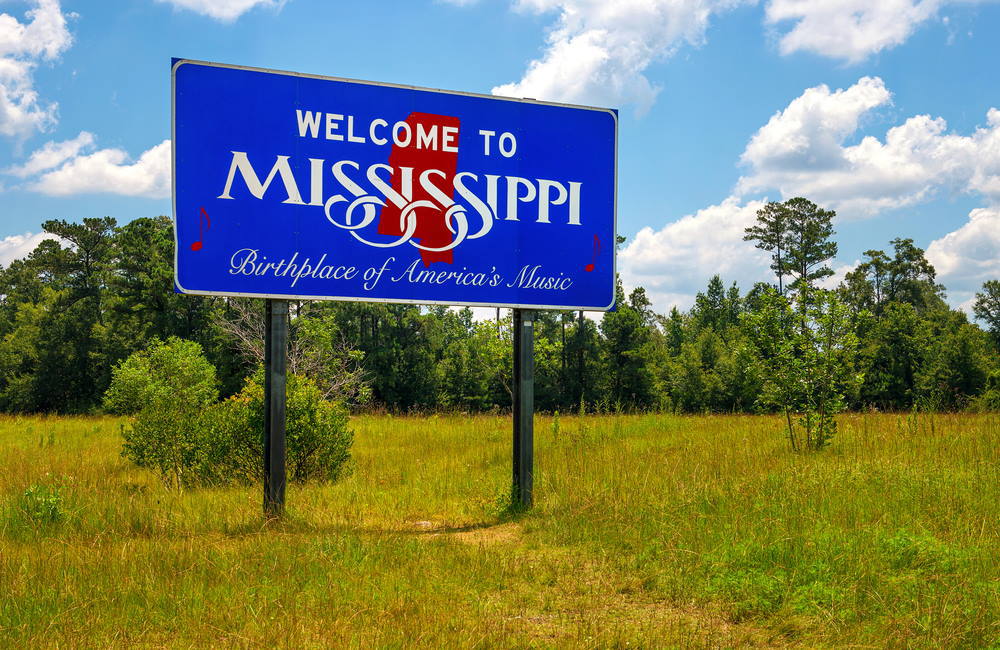Problems Continue for Mississippi Medical Marijuana
When voters approved legalized medical marijuana in Mississippi in 2020, it seemed yet another sign of how people in all parts of the country have embraced legal cannabis. Mississippi’s approval of medical marijuana represented one of many such movements across the South.
Unfortunately, things have not gone as expected. First, anti-legalization forces managed to stop the voter-approved referendum from becoming law because of a ballot initiative technicality. Since then, lawmakers in the state have worked to create a law that resembles the one passed by voters.
However, more bad news came recently when Gov. Tate Reeves said he will veto the bill unless lawmakers reduce the amount of cannabis patients can use each day. He said the levels of marijuana allowed in the proposed bill – 3.5 grams per day – would essentially create a recreational program, not a medical one. He called on lawmakers to cut that amount in half.
“Other medicines are not “all you can eat.” If that is the approach the Legislature wants to use for marijuana, I simply believe we should start carefully,” the governor wrote in a Facebook post. “I have always said I will sign a bill that is truly medical, not one that is recreational. That is one way to address my primary concerns.”
Governor Claims Program Would Lead to Millions of Joints
In the series of Facebook posts, Reeves goes on to write that 3.5 grams equates to 11 joints per patient, per day. By his estimate, that could lead to 300,000 state residents using 3.3 million joints per day and more than 100 million per month.
“That would be 1.2 billion legal joints sold in Mississippi per year. Call me crazy, but I just think that’s too broad of a starting point,” he wrote. “I am asking the Legislature to simply cut that amount in half to start the program. It is a simple fix.”
Different states set different limits. Florida, for example, allows people to order 2.5 ounces of medical marijuana for a 35-day supply, although the law also allows people to possess up to four ounces of medical marijuana at any given time.
Reaction on the FaceBook page came quickly. One typically scathing message came from a woman who referenced the governor’s frequent opposition to a “nanny state.” She wrote: “We voted for this in overwhelming amounts. Yet, you want to take it from the hands of the voters and “fix it.” I guess you actually don’t trust us and think a nanny state is A-OK.”
This Is Not a Unique Event
The post from Reeves is the latest in a series of moves he has made to change the law, delaying the start of legal marijuana sales in Mississippi. He also said he would call a special session to pass the Mississippi medical marijuana legislation in 2021, but that never happened.
Delays and opposition have not been confined to Mississippi or The South. In Maine, then-governor Paul LePage vetoed a bill to put a voter-approved adult-use marijuana system in place. It finally started four years after voter approval.
In South Dakota, Gov. Gov. Kristi Noem instigated a legal fight that ended when the state Supreme Court struck down a legal recreational marijuana program approved by a voter referendum due to a technicality, much like what happened in Mississippi.
For cannabis supporters, the ongoing battle over medical marijuana in Mississippi is another in a long line of such battles. Meanwhile, 63 percent of Mississippians said in a survey that they want state leaders to put a law in place that mirrors what they voted for in 2020.




